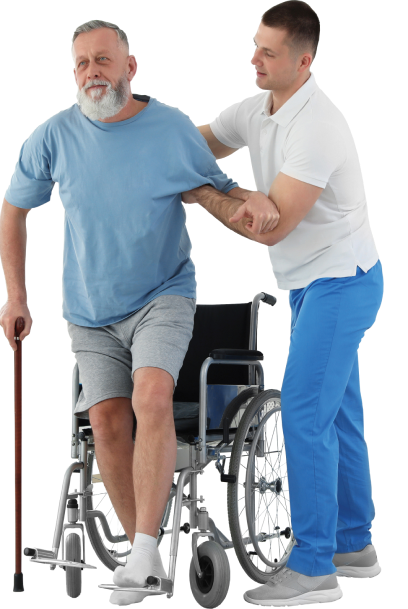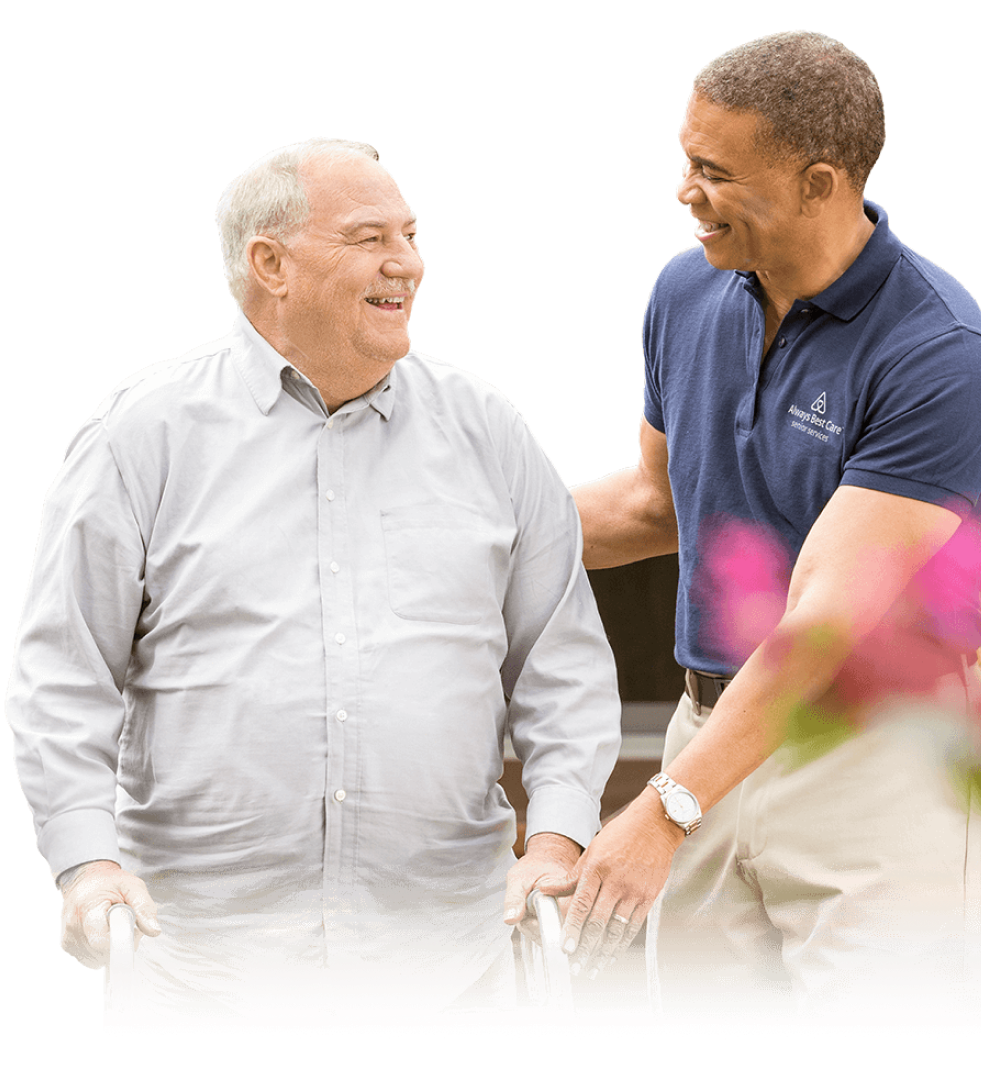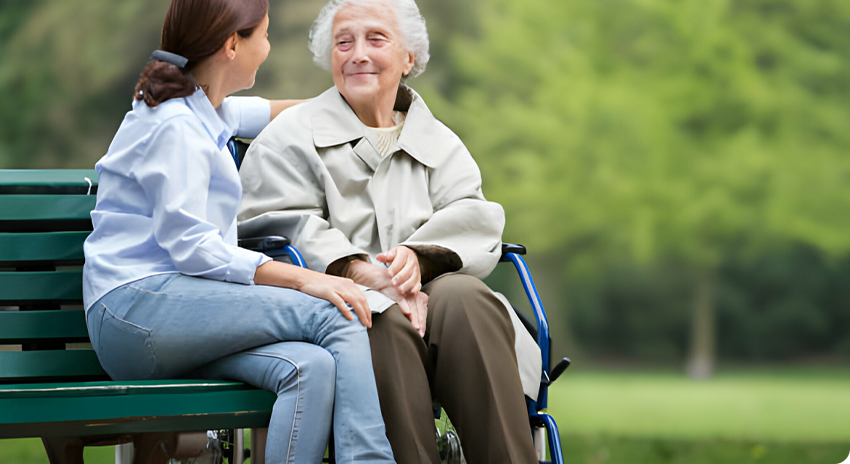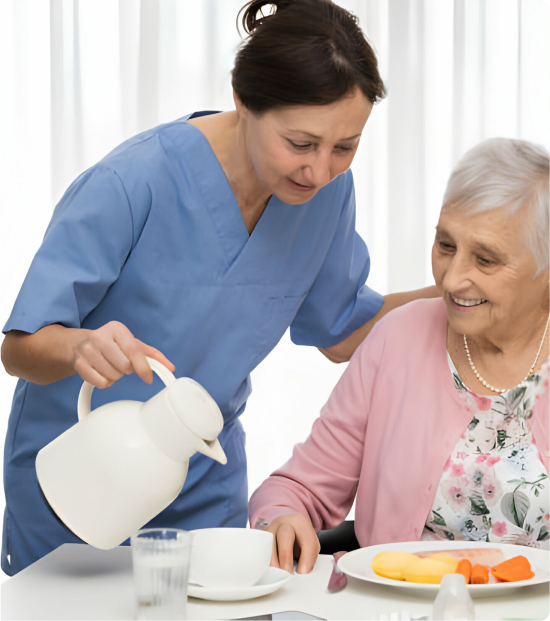The School Committee decided to continue with a more inclusive calendar for the 2026-27 school year, using the same schedule the district has followed over the past couple of years.
At the committee’s Thursday night meeting, chair Kyla McSweeney noted the board has been hearing from residents, students and faculty about the issue in person, including during listening sessions, as well as through emails.
She said while some people are in favor of a school calendar that celebrates only federal holidays (plus a day off on Christmas Eve), others embrace a schedule that honors other observances and religions.
Member Nancy Cavanaugh noted another impact on the calendar is that the educators’ contract stipulates that school starts the week before Labor Day. Professional development occurs on that Monday and Tuesday, classes begin Wednesday and Thursday, and Friday is a day off.
She said there was concern around lost instructional time with the less-inclusive calendar, because teachers would not give quizzes and tests on days that correspond with religious holidays. So the students attending school are losing instructional time as well as those who are absent.
Although she said it is great students learn more about other religions and practices, that, too, is taking away from instruction in subjects like math or science.
Cavanaugh said she celebrates the federal holidays but would not feel right about other people losing their observances.
Member Jamie Wronka agreed. She said the inclusive calendar the district has been using shows its commitment to and respect for students and staff from Jewish, Muslim, Hindu and East Asian communities.
Wronka said in today’s political climate, families feel less secure as antisemitism, xenophobia and bias is on the rise. “It is not the moment to step back from these practices,” she stated.
Instead, she said, the district promotes a mission of “All means all.” She said the calendar is a small way to demonstrate that those words are more than a motto and that the district honors diversity and says to all students and families, “You belong here.”
Member Chris Masters said the town is split with opinions on the calendar. One concern of his is that it can get hot in the classrooms in June, especially if the end date gets further into the month.
Masters said he would prefer a more religious society in general, indicating he is in favor of observing his religious holidays and letting other people do the same.
However, Masters asked what would happen if other people came forward wanting additional days off for observances or wanted other religions acknowledged in the school calendar.
“We could go down a slippery slope. How do we handle it?” he asked.
Wronka responded if that situation should occur, the committee could have a conversation about what makes the most sense for the district. She said debating “hypotheticals” would not be worthwhile.
Cavanaugh asked if there is “wiggle room” in terms of having professional development on Election Day or combining half-days to gain a day or two so the school year can end earlier.
Superintendent Evan Bishop said it would depend on the type of election (national versus local), but the district could consider the idea.
Masters said whether committee members adopt an inclusive calendar or one with just federal holidays, half the community will be angry with them.
During the public comment section at the start of the meeting, resident Ashley Fogg said it becomes a public health issue when students are in extremely hot classrooms in June.
She said it is important the district overhaul its attendance policy in general, describing it as “outdated and punitive.”
Fogg said legitimate short-term illnesses (with a doctor’s note) as well as religious holiday observances should be allowed as excused absences, and students should not be penalized in those situations.
Resident Allison Orenstein spoke in favor of the inclusive calendar, saying it respects the “changed and continuously changing” community Hopkinton has been building.
“Think about what we are trying to foster in our schools,” she said.
The committee voted to continue using the inclusive calendar it adopted a few years ago.
With this decision, the last day of the 2026-27 school year is scheduled for June 22. If makeup days because of snow or other issues are needed, it would fall between June 23-29.
With just federal holidays, the last day would have been June 15, with June 16-23 as the range to make up snow days.

 508-691-8539
508-691-8539




 Service Areas
Service Areas























